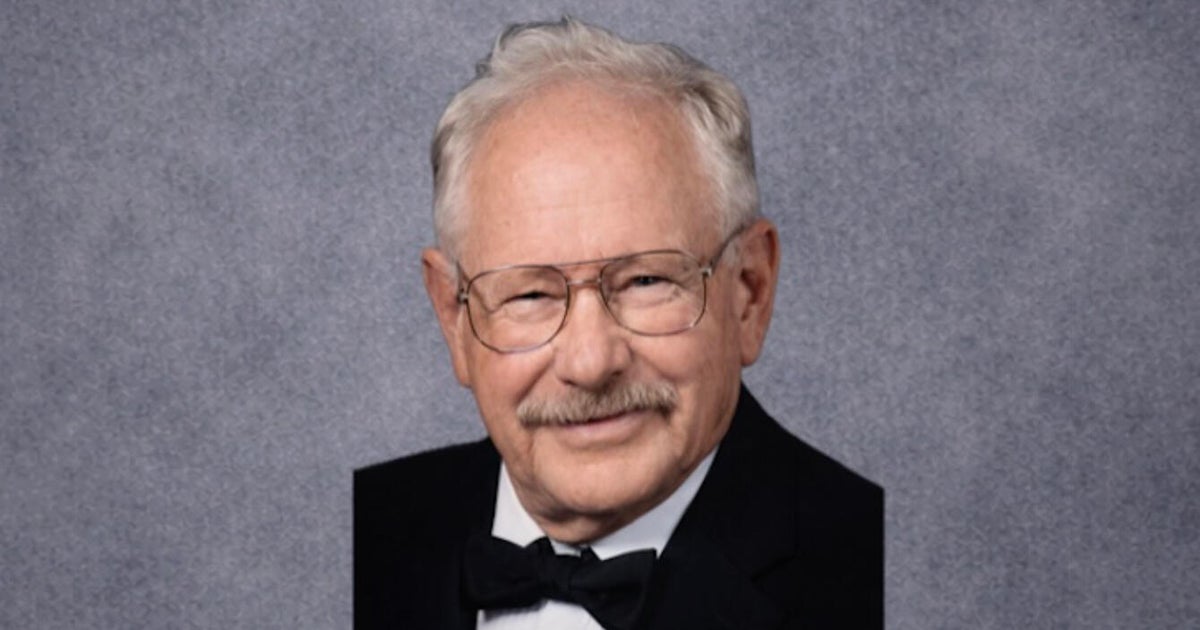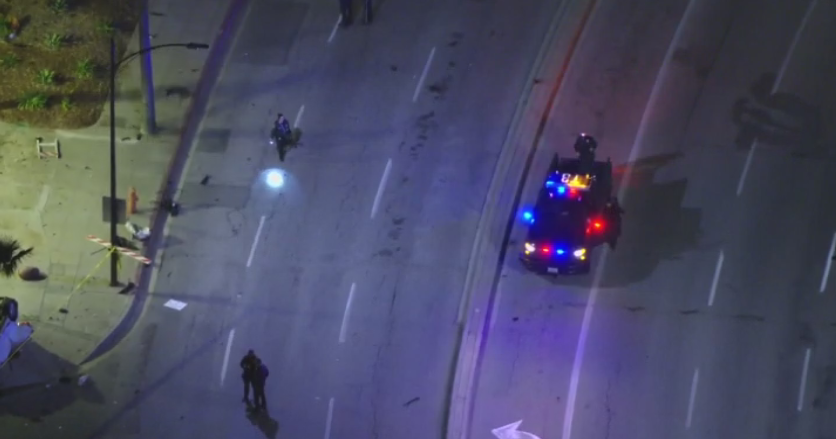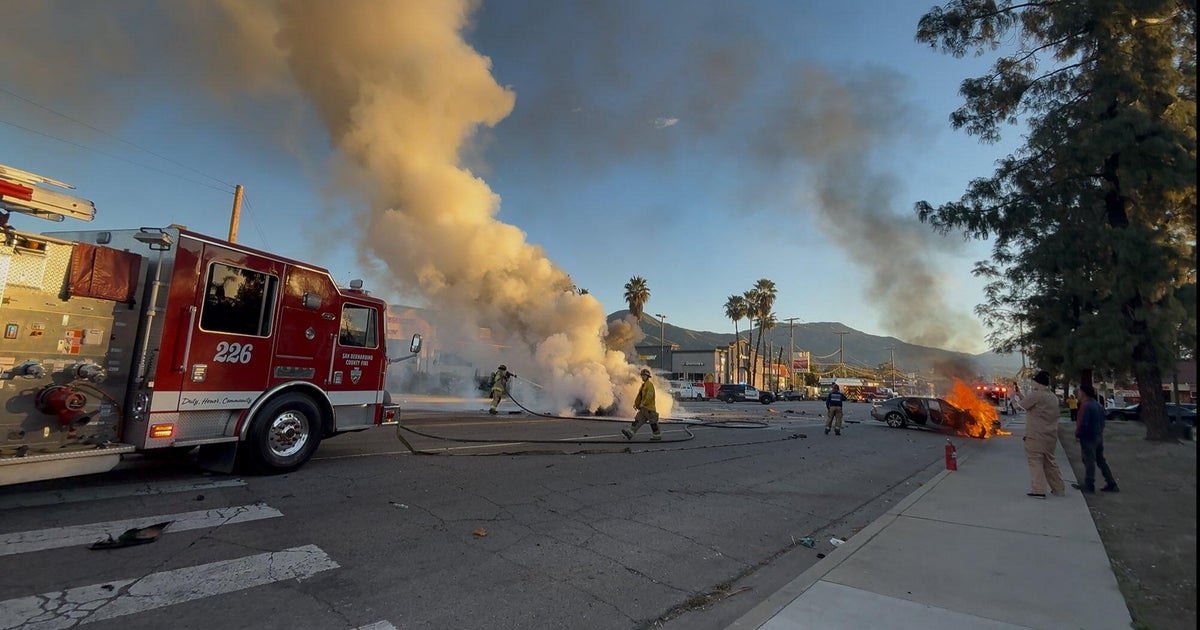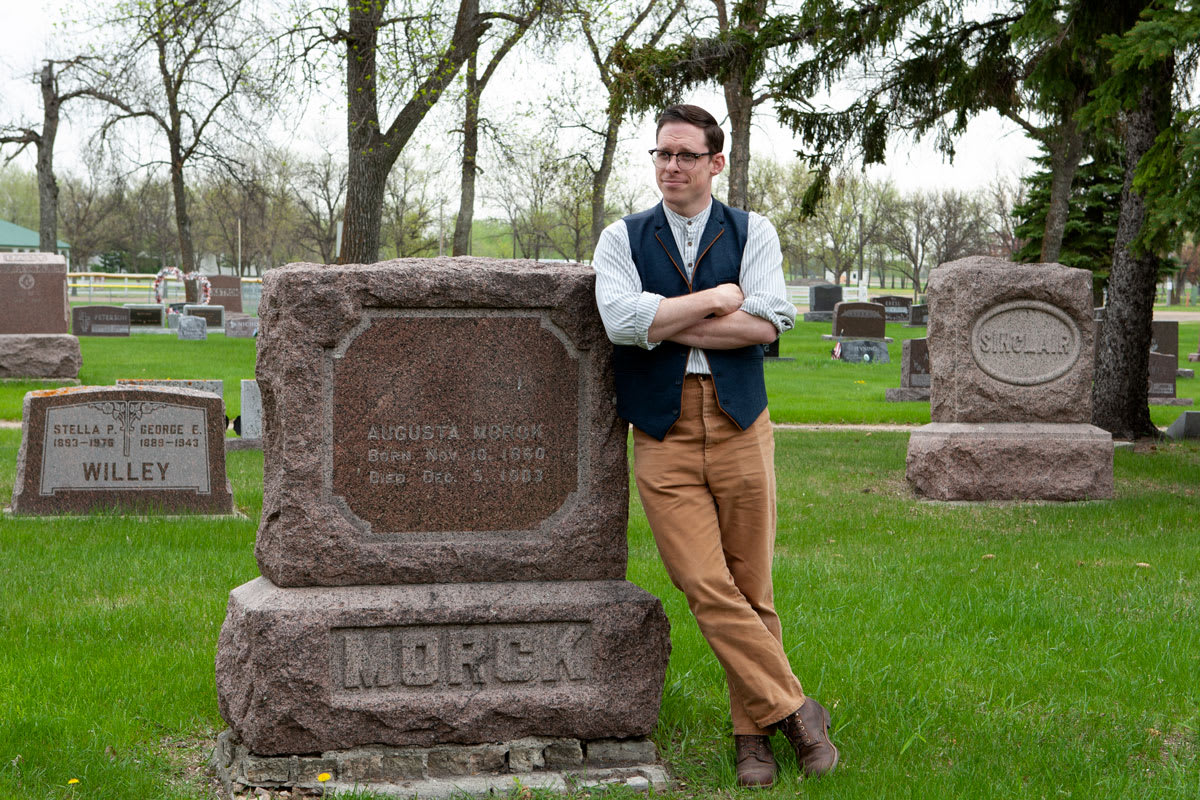Brad Meltzer on the secret message of "The Escape Artist"
For more than two decades, New York Times bestselling thriller writer Brad Meltzer has sold more than 12 million books in the U.S. alone. His latest novel is "The Escape Artist." It tells the story of Army Sergeant Nola Brown, who is presumed dead after her plane mysteriously crashes in Alaska. After the government confirms her death, a mortician at Dover Air Force Base discovers she's still alive and on the run.
On "CBS This Morning," Meltzer said the gripping first chapter of the story was actually the last chapter he wrote
"I started with this idea that Nola Brown is in this plane crash," he said. "Everyone says she's dead, but as her body is being laid to rest by our hero, Zig, he finds a secret note inside her body. It says, 'Nola, you were right. Keep running.' And he realizes she's not dead, she's on the run. She's the escape artist."
Meltzer said that Nola was his favorite protagonist character. Why?
"I love that people said she's like 'The Girl with the Dragon Tattoo. I'll take that compliment any day!" he said. "But Nola's not like anyone else I wrote. Nola's that character who grabbed me by the throat and said, 'Pay attention to me.' She doesn't need to be saved by anyone. She's on her own terms.
She's had this rough life. All of us have been through situations – whether it's addiction, whether it's abuse -- where we've had to claw our way back, and Nola is that person who's climbing out of the crater, who's truly trying to come back to life."
Meltzer researched Dover Air Force Base, which is where the nation's military dead is sent. He called it America's most important funeral home, which has also received victims from the space shuttle disaster and from the 9/11 attack on the Pentagon, as well as America's spies from across the globe.
"It means Dover is a place built on secrets and mysteries, so how could I not set a thriller there?" he said.
He described the care that morticians at Dover take with remains of service member, for example: "In a normal situation, if something happens and you're disfigured, they put you in a closed casket. But not at Dover. At Dover they will work so hard, they'll take 14 hours to rebuild the cheekbones in someone's face, because the family wants to see their child one last time. Or they'll rebuild someone's hand because they want to make sure that a mother who specifically asked, 'Can I hold my child's hand one last time?' [will do so]."
He also answered the question about a plot point that seems remarkable: "When I research a book I always go to the experts. I said, 'Could you hide a secret message on your body that someone could find later?' They said to me at Dover that if you were on a plane that was going down and if you did it early enough, if you ate a note, the liquids in your stomach could potentially protect that paper. It's the ultimate message in a bottle.
"They explained to me that on 9/11 when they were going through the victims' bodies, they actually found a note, a secret note, inside someone's stomach."
And what did it say?
"Of course they wouldn't tell me," he said. "I respect that privacy. I thought it has to be someone in the military, because who has the wherewithal to think of that? What this note has had to have been is this thing we're looking for -- connections.
"When my parents died, the one thing I remember taking way from that, the one calm, is that I got to say good-bye. And I think in that note, that moment is that hope. That's what it is."
"The Escape Artist," published by Grand Central, is available via Amazon.







